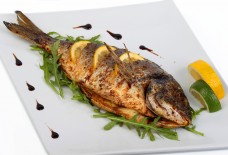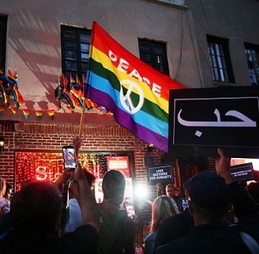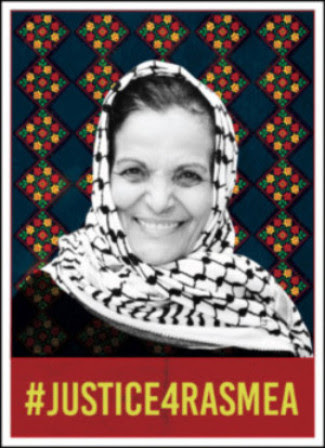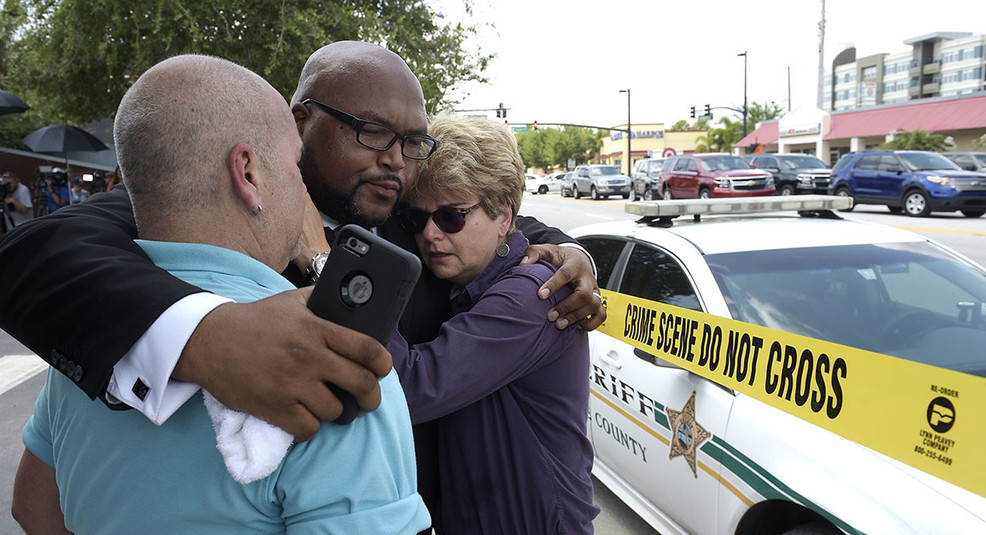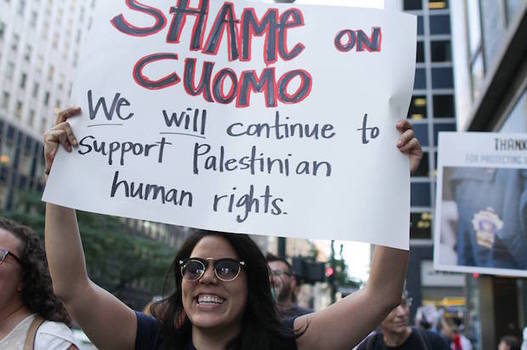From Bay Ridge to Washington, D.C., leaders of Muslim groups condemn Orlando attack
By Paula Katinas
Brooklyn Daily Eagle
From Bay Ridge to Washington, D.C., leaders of Muslim groups and elected officials from both sides of the political aisle came forward to condemn the horrific attack in Orlando, Florida that left 50 dead early Sunday morning, including gunman Omar Mateen.
Linda Sarsour, executive director of the Arab American Association of New York, posted messages on her Facebook page expressing her shock and anger at the mass shooting in Pulse, a popular gay nightclub in Orlando.
“Please pray for the victims and their families. The words are not flowing. In horror and shock. Please let us know how we can support,” Sarsour wrote Sunday morning.
In a later post, Sarsour, whose organization is based in Bay Ridge, reflected on the ties that exist between the Muslim and LGBTQ communities in the fight for equality and justice.
“From standing together for police reform, immigration reform, pushing anti-bullying legislations to strengthening hate crime laws, uplifting and proclaiming the right of self determination for the Palestinian people. All of it. I reflect on the many times we discovered that the same groups and legislatures that try to pass laws to restrict the rights of Muslims to worship freely are also the same groups and legislatures that push anti-LGBTQ laws. We will not be divided. We have worked too hard for too long together. Both of our communities value civil rights, compassion, respect and dignity for all people. We move forward from here. Our fight to live in safety and without fear continues. Together,” she wrote.
Debbie Almontaser, president of the Muslim Community Network, expressed support for the victims. “I stand in solidarity with the LGBTQ community in spirit today. My thoughts and prayers are with all,” she said, adding that her organization planned to pay tribute to the victims by holding a moment of silence at its annual dinner.
Cheikh Ahmed Mbareck, executive director of the Islamic Leadership Council of New York, expressed support for the Orlando victims, but also called for stricter gun control laws.
“We stand in solidarity with the families and relatives of the victims, and condemn all types of violent acts such as this despicable and senseless attack. We also call for meaningful and effective gun control to help curb the increasingly violent trend in our society,” Mbareck said.
Brooklyn Borough President Eric Adams also called for “common-sense gun reform” in the wake of the tragedy.
“There is no earthly reason, other than a desire to perpetuate violence that common-sense gun reform cannot and should not move forward at every level of government in the wake of this senseless tragedy. In the difficult days ahead, in the midst of our grief, I ask all Americans of good will to push for the legislative action we have long waited for that will secure a safer future for our children and families,” Adams said in a statement.
Adams also issued a call for unity. “This act of terror may shake us, but it will not break us. We must unite around our common values and reject any and all efforts to divide our community of humanity,” he stated.
U.S. Rep. Dan Donovan, chairman of the House Subcommittee on Emergency Preparedness, Response and Communications, said that while investigators in Florida were still in the process of gathering information on the nightclub attack, “it’s clear that our way of life came under attack yet again.”
Donovan (R-C-Southwest Brooklyn-Staten Island), who said the deadly rampage appeared to be “worst terror attack in the United States since 9/11,” called on the country to stand strong. “Our freedom and culture will never yield to the hateful violence of radical Islamic terror,” he said.
Rasha Mubarak, Orlando regional coordinator of the Council on American-Islamic Relations (CAIR), issued a statement calling the Pulse shooting a monstrous attack.
“We condemn this monstrous attack and offer our heartfelt condolences to the families and loved ones of all those killed or injured. The Muslim community joins our fellow Americans in repudiating anyone or any group that would claim to justify or excuse such an appalling act of violence,” Mubarak stated.
Frank Seddio, Brooklyn Democratic County chairman, called for unity in the wake of the attack.
“It was an attack not only on the LGBT community but on the values of tolerance and acceptance that unite us. It is long past time to address our insane laws that allow people to so easily buy weapons of war. Freedom comes with responsibility, including reasonable regulations that protect Americans against the easy accessibility to the kinds of arms that have no place in a civilized society. Our grief and anger should lead us to stand together as one. The horrendous actions by one man cannot lead us to turn against any community because of religion or for any other reason. We meet bigotry with love, not hate,” Seddio said.
Source: www.brooklyneagle.com



